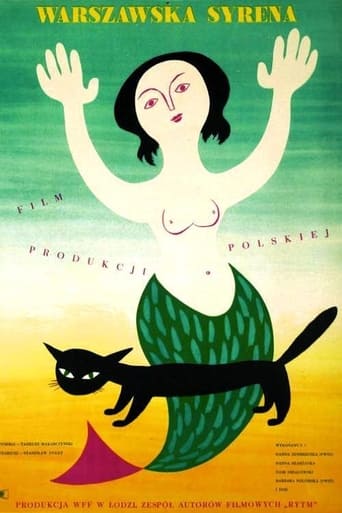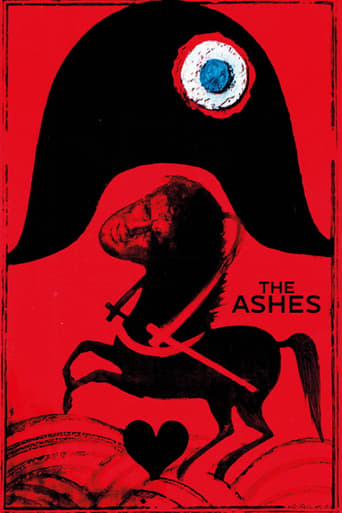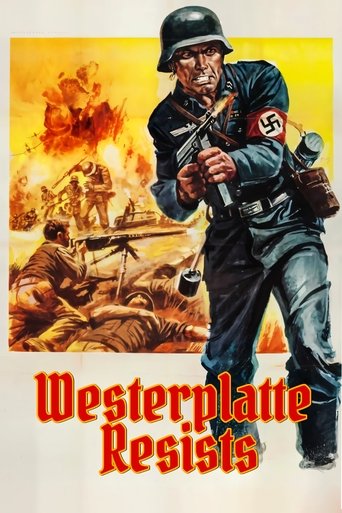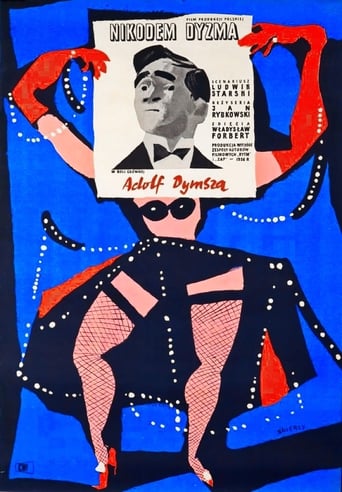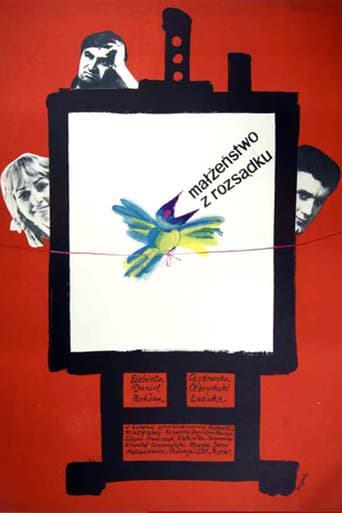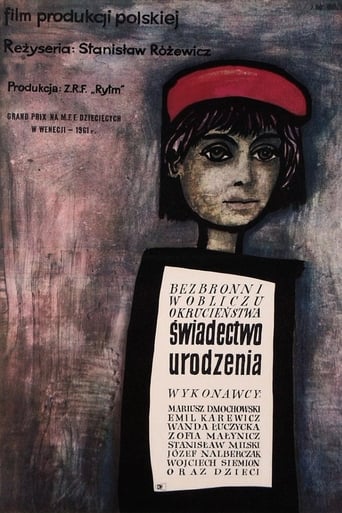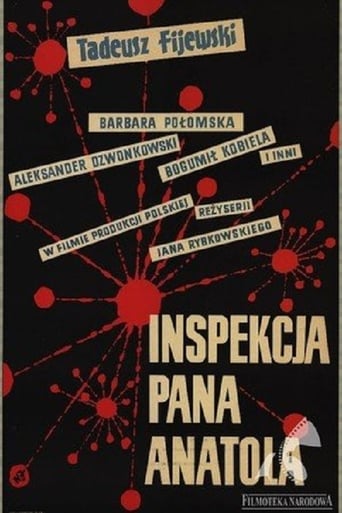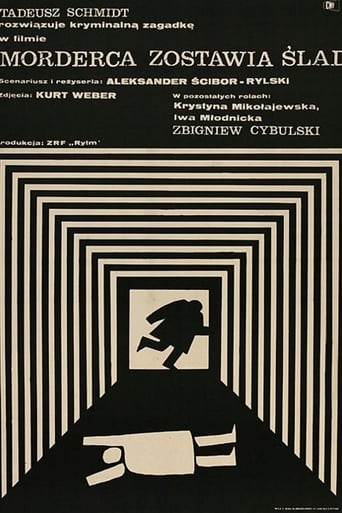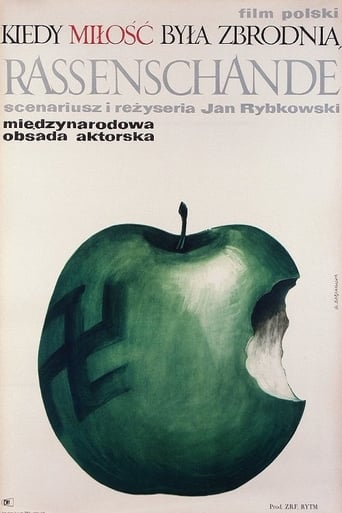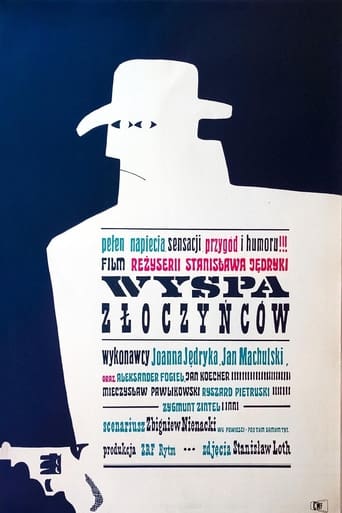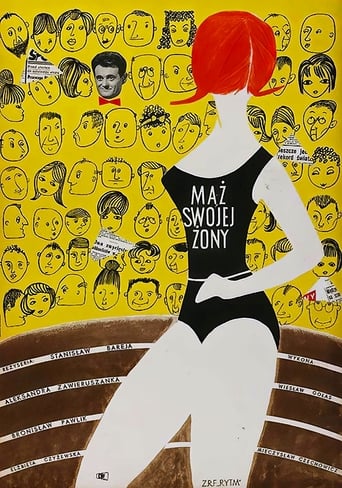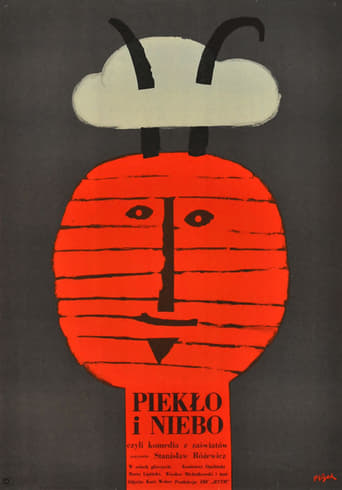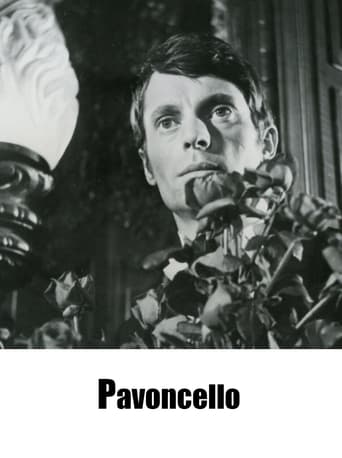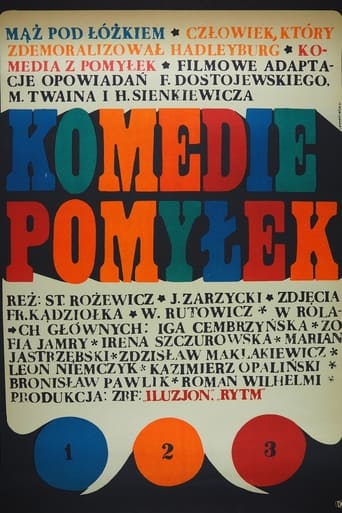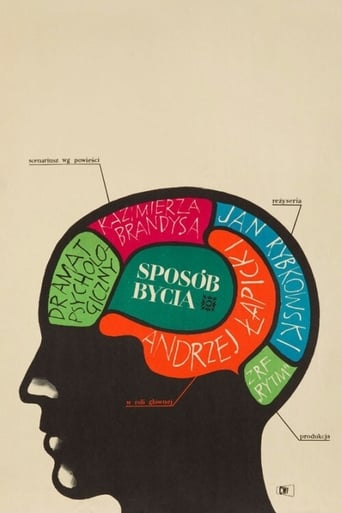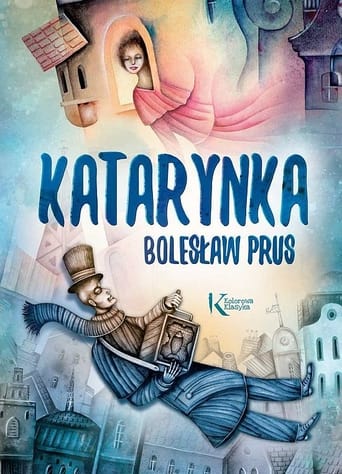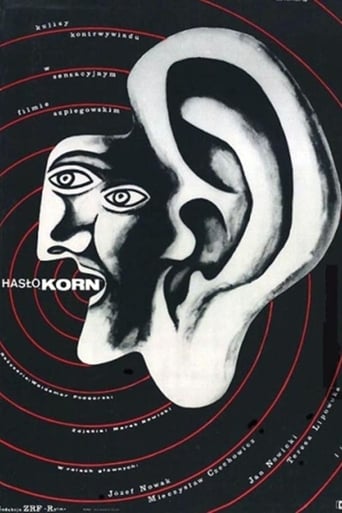Zespół Filmowy "Rytm"
The Ashes 1965
Set in the time of Napoleon wars, shows how the wars swept over the unfortunate Polish country at the beginning of the XIX-th century. Story revolves around the Polish legion under command of General Dabrowski, who then fought on Napoleon's side with the hopes of Poland's revival.
Westerplatte Resists 1967
Westerplatte is a small peninsula at the entry to the Gdańsk Harbour. Before World War II, it functioned as a Polish ammunition depot in the Free City of Danzig. Its crew consisted of one infantry company and a group of civilians, 182 people in total. It was the only Polish guard-post at the mouth of the Vistula River, with as little as five sentries, one field cannon, two anti-armour guns and four mortars. The first shots of World War II were fired there. This film tells the story of Westerplatte's courageous defenders.
Nikodem Dyzma 1956
Nikodem Dyzma is a poor dancer who comes to Warsaw to find a job. The problem is that nobody wants to hire him. One day he finds an invitation to the party with very important people and decides to attend. A small accident at the party makes him the hero of the night and becomes the beginning of his career.
The Marriage of Convenience 1967
Małżeństwo z rozsądku ("Marriage of Convenience") is a Polish musical comedy from 1966 directed by Stanisław Bareja.
Birth Certificate 1961
Three separate stories depicting the tense everyday life during occupation, as seen through the eyes of children. In “On the Road,” the two main protagonists are lost in the September’s strife: a young boy, and a soldier transporting the valueless documents of his broken unit. In “Letter from the Concentration Camp” the story’s protagonists are young boys who help their mother during the hardships of the occupation. Their treasure is an officer uniform belonging their father who is being held in a prisoner of war camp. In “Blood Drop,” the Germans find a set of typical Aryan characteristics in this story’s protagonist – a Jewish girl, hiding in an orphanage.
Inspekcja pana Anatola 1959
PZU Inspector Anatol Kowalski is sent to the city of Paryżew on a special mission to catch a gang of bathing suit robbers.
The Killer Leaves a Trace 1967
In the last days of WW2, Polish military looks for the murderer of prosecutor responsible for storing Gestapo files.
When Love Was a Crime 1968
A war drama showing the functioning of Hitler’s “racial purity” law, forbidding foreign workers from any contact with Germany. Foreigners on forced labor in Nazi Germany.
Wife for an Australian 1964
A Polish-born Australian businessman arrives in Poland to find a wife for himself.
Pieczona gęś 1967
Polish TV movie.
Wyspa złoczyńców 1965
A young museum worker sets out to find a treasure hidden in a small town.
Husband of His Wife 1961
Mąż swojej żony (English: Husband of His Wife) is a Polish comedy from 1960 directed by Stanisław Bareja. The story of a newly married couple, Michał Karcz (composer) and sprinter Jadwiga Fołtasiówna-Karcz. Michał has to adjust to Jadwiga being much more famous and her fame and needs dominating their lives.
Return to Earth 1967
After the war, Stefan cannot go back to a normal life.
Hell and Heaven 1966
A bus crashes and its passengers find themeselves in the afterlife, which they find has the not only the same set of rules as Earth, but also the same bureaucratic chaos.
Pavoncello 1967
In 1912, Szczebieniew, a rich and ailing old man, comes to Italy with his young wife, Zinaida. Bored with his company, she looks for amusement and casual affairs.
Komedie pomyłek 1968
Three Polish TV movies packed together and released theatrically
Sposób bycia 1966
A forty-year old man, destroyed physically and mentally by life experiences recounts his life.
The Barrel Organ 1968
This drama follows a lawyer who, averse to the sound of a barrel organ, changes his outlook upon meeting a blind girl. Based on the short story by Bolesław Prus.
Korn's Password 1968
An intelligence agent's murder bring upon a national investigation into a spy organisation called Korn.
